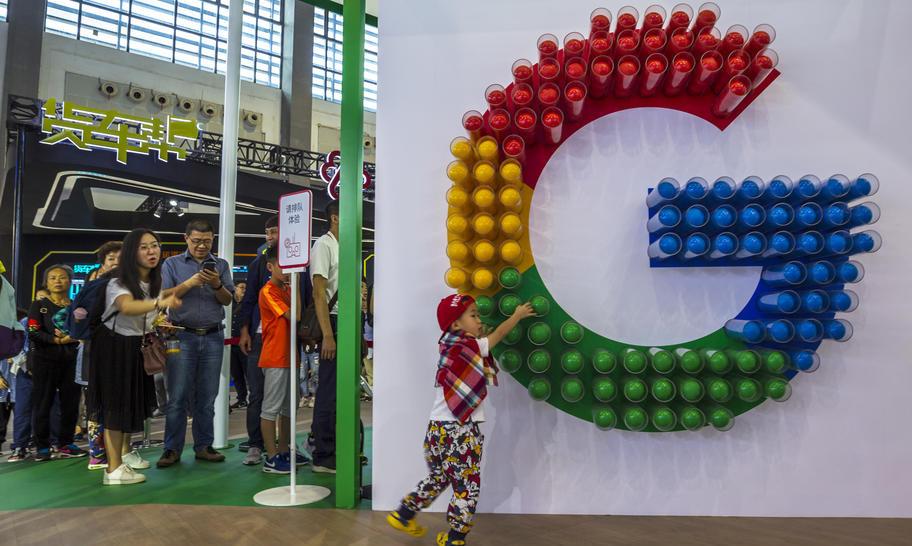
2 minute read
Google exhausts search for antitrust
CorporateDispatchPro

JENNIFER SABA AND GINA CHON VIA REUTERS BREAKINGVIEWS
Google exhausts search for antitrust tolerance
Google has met its Microsoft moment. The U.S. Justice Department is suing the Alphabet-owned unit, slamming its dominance in online search. The presidential election in November may do little to help Google’s cause even if there is a change of the party in charge. The $1 trillion tech giant is in for a long fight.
Until now, Google has proved adept at dodging watchdogs. In 2012, Federal Trade Commission staff under then President Barack Obama recommended suing the search giant for anticompetitive practices, including hampering advertisers from managing campaigns on rival platforms. The FTC instead merely extracted promises from Google to change its practices. Dozens of people from the company joined the government during Obama’s term and vice versa.
Since the FTC declined to pursue a case, Alphabet’s size and importance has ballooned, adding $800 billion to its market value. Along with Facebook, Google dominates U.S. digital advertising. But even that understates its grip: It will capture more than 70% of search advertising spending this year, according to eMarketer estimates. Second-placed Amazon.com has only a 16% slice.
In contrast to Obama, President Donald Trump has pushed his administration to rein in technology giants and Attorney General Bill Barr made suing Google a top priority. The DOJ moved on Tuesday, accusing the firm of unlawfully maintaining a monopoly in search and related advertising through practices including paying mobile-phone makers and others to use Google as their default search engine.


CorporateDispatchPro



Alphabet, run by Sundar Pichai, can buy time by challenging the lawsuit. He may be calculating that another Democratic administration under Joe Biden, should he win in November, might be more sympathetic. Republicans, after all, have cited anticonservative bias as one of the reasons to target companies like Google.
But even if political winds shift, Pichai still faces an uphill battle. After a 16-month investigation, the Democrat-led House antitrust subcommittee on Oct. 6 recommended ways to promote competition in tech, ranging from tougher antitrust laws to a possible breakup of some Big Tech platforms.
Two decades ago, Microsoft clashed with the Justice Department over its near-ubiquitous operating systems. It won, but at a cost: The software titan let Apple’s iPhone steal the lead in smartphone technology. Google looks like it has exhausted its search to avoid a similar showdown.




